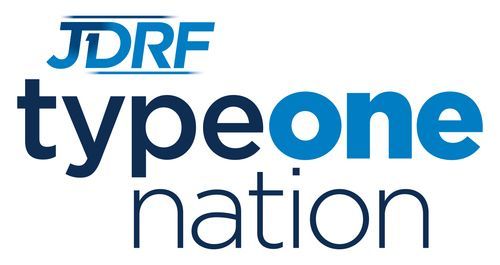
About an hour ago the New York City JDRF TypeOneNation summit concluded and we wanted to share a few highlights. Events like this one are held in major cities throughout the United States. This quick overview will first discuss the event in general and then will address in more detail information shared regarding both technological advances and research.
General highlights of the event:
- The event ran from 10AM to 4PM and covered a wide range of topics, from family support to research.
- The morning was used for support sessions covering the following topics; Emotional effects of T1D; Strategies for managing diabetes at school; Participating in athletic activities, and nutrition. The sessions were informational and highly valued by most of the attendees.
- The first afternoon session addressed the integration of technology into diabetes management and second one provided an update on JDRF research.
Technology presentation highlights:
- The two presenters were: 1) Nate Heintzman, Dexcom Senior Manager of Data Partnerships; and 2) Aaron Kowlaski, JDRF Vice Preseident for the Artificial Pancreas
- The focus of this presentation was on the artificial pancreas
- Kowalski started the talk by making the point that "Work for a cure for type 1 is our absolute #1 goal" but that an artificial pancreas will dramatically improve lives
- He characterized the progress of the work as "not if but when" and stated that the artificial pancreas should be thought of in progressive steps of development rather than a one-and-done solution
- The JDRF is working with many different partners to bring an artificial pancreas to life
- Bigfoot Biomedical received a lot of attention, relatively speaking
- Kowalski also addressed the difference between single and dual hormone pumps (such as Damiano's work at Boston University). Summary comments:
- He opened his comments on this point with: "I worry that people think you must have glucagon in the system (artificial pancreas system) but insulin only pumps work very well"
- He stated that there were a number of issues with glucagon, including long term safety of liquid glucagon and high costs to patients
- It does not appear that any of JDRF's $16M artificial pancreas budget is being used for any dual-hormone projects
Research update highlights:
- The two presenters were: 1) Dr. Robin Goland Co-Director of the Naomi Berri Diabetes Center at Columbia University; and 2) Jessica Dunne, Director and programme lead for JDRF's prevention program
- Overall, the presentations were heavily weighted to advances in prevention not on solutions for people with established T1D. Dunne said: "The holy grail is preventing type 1".
- Some mention was made of the 6 areas of research that the JDCA has written on extensively, but relatively little was shared
- Viacyte and BetaO2, both Practical Cure projects, were given some mention as encapsulation projects in human trials that JDRF supports. Dunne noted that both projects have been in human trials for about a year and that there have been "no safety issues to date". This is good news, but as far as we can tell, there is no public data to support this.
- To our surprise, Dunne referred to Viactye in her talk as "not a long term viable solution" (perhaps it was meant in contrast to her preference for prevention).
- Dr. Goland gave a brief talk about the range of work being done at Naomi Berri but her talk lasted only 10 minutes which did not provide enough time for any particular details.
